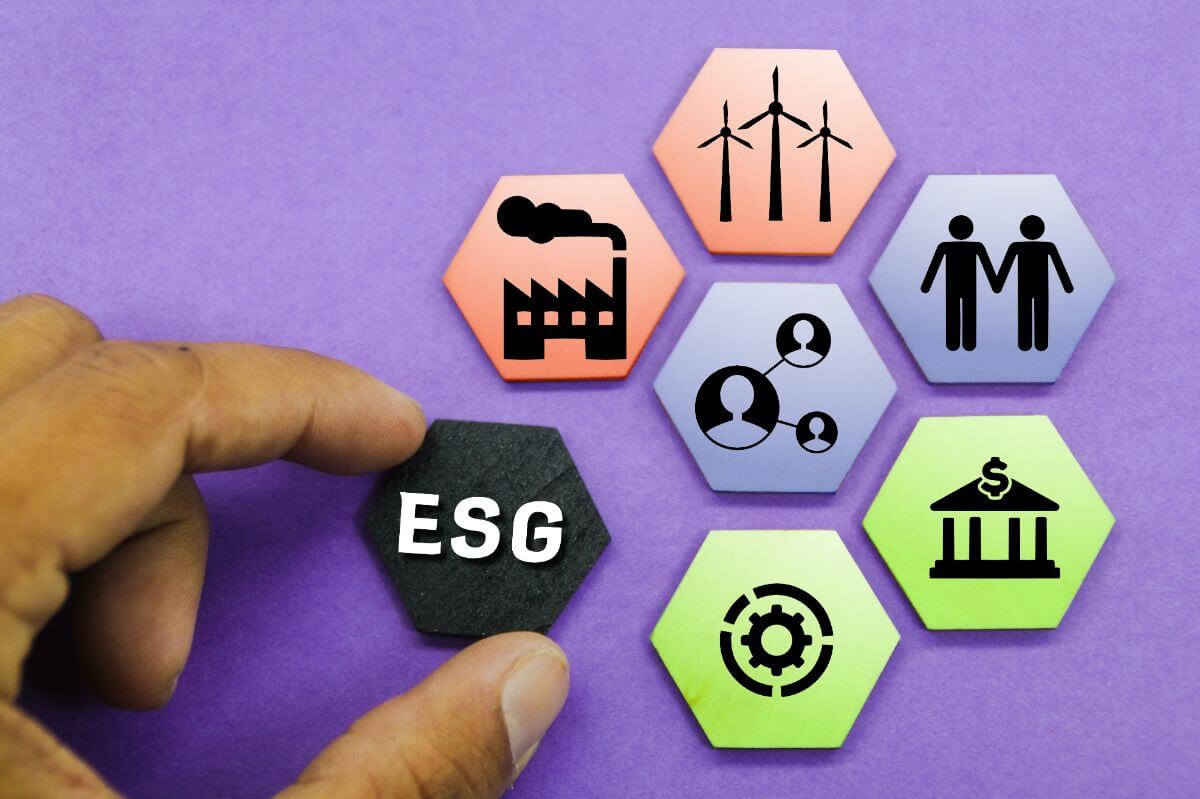
ESG vs. CSR vs. Sustainability: What’s the Difference?
AboitizEyesWhat is the difference between ESG, CSR, and Sustainability?
- Sustainability is a strategy in which a business delivers its products and services in a way that is both ecologically and economically beneficial.
- Corporate Social Responsibility (CSR) is a business model that holds a company socially accountable to itself, its stakeholders, and the public.
- Environmental, Social, and Governance (ESG) is an approach to doing business that focuses on Environment, Social, and Governance factors.
Now that environmental stewardship and sustainability in the Philippines have become such increasingly important topics, you might hear the words “corporate sustainability,” “CSR,” and “ESG” in conversations more often. But what exactly do each of these terms mean, and how do they affect corporations all over the world?
It’s time to look into ESG vs CSR vs Sustainability and determine what exactly they are, who they affect, and what they can do for our planet.
Sustainability is a strategy in which a business delivers its products and services in a way that is both ecologically and economically beneficial.

Corporate sustainability can be defined as the overarching concept under which CSR and ESG both operate. If sustainability is the goal, the other two concepts in this article are the means to achieve and measure it.
Corporate sustainability refers to an organization’s responsibility to conduct its business without causing damage to the environment or to society. This used to be an additional benefit for consumers and investors alike, but today, it’s a necessity. As more and more consumers and investors are prioritizing businesses with sustainability efforts, it’s crucial for businesses of all shapes, sizes, and industries to consider sustainability efforts in the way they do business.
CSR is a business model that holds a company socially accountable to itself, its stakeholders, and the public.

Corporate Social Responsibility (CSR), also known as corporate citizenship, enables and requires a company to be aware of and accountable for its impacts on society. These effects can be environmental, economic or social in nature.
In simple terms, CSR is a commitment the company makes to operate in a way that enhances rather than damages the planet and all who live in it. CSR programs are beneficial to the world and the people within the company itself, as it creates a more positive impact on society and raises the morale of its team members simultaneously.
CSR is often split into four categories: environmental impacts, ethical responsibility, philanthropic endeavors, and financial responsibilities.
Environmental impacts focus on lessening ecological damage; ethical responsibility encourages fair and positive treatment of people both within and outside of the company; philanthropic endeavors are those that contribute directly to society at large such as charities and advocacies; and financial responsibility ties together the previous three categories and details how the company’s finances go into each CSR project.
ESG is an approach to doing business that focuses on Environment, Social, and Governance factors.

In contrast, Environment, Social, and Governance (ESG) factors are used to evaluate the impact of a company. Mostly used by those from the outside looking in, such as consumers and investors, ESG focuses less on what a business aims to do, but the actual effects and results of what it is already doing.
In simpler terms, if CSR focuses on the corporate social responsibilities and goals a business has, ESG measures whether or not it is actually achieving those goals. It provides quantitative measures that not only hold the company accountable but provide an actual report of how far the company has come in terms of sustainability.
ESG focuses on three specific areas: environmental factors like the business’ ecological footprint and advances made toward sustainable development; social efforts like community relations, customer satisfaction, and funding for projects that help underserved communities; and governance, which focuses on company policies itself and how it treats its own team members.
Key Takeaway
Now that we’ve discussed ESG vs CSR vs Sustainability, we hope you better understand the unique nuances each concept has and why each of them matter in running a business. As we said earlier in this article, Sustainability is no longer just a welcome addition—it’s a necessity in order for the business to keep going.
However, we believe in more than just sustainability for profit’s sake. We genuinely believe that the changes we make today can sustain a brighter tomorrow, and we are resilient in the face of challenges because we want a better world for future generations.
If you want to know more, feel free to take a look at our ESG efforts in the Philippines and sustainability reports. Check out the rest of our blogs here!

